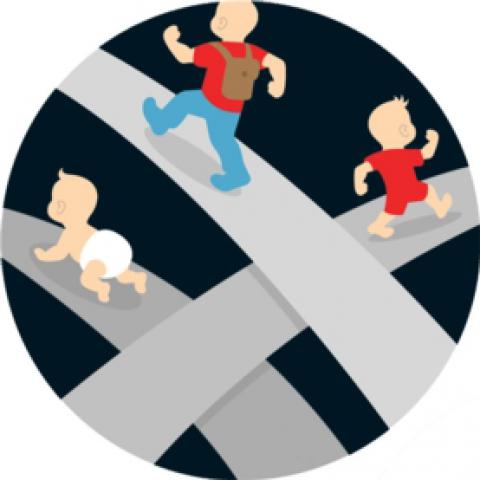It's easy to recall events of decades past—birthdays, high school graduations, visits to Grandma—yet who can remember being a baby? Researchers have tried for more than a century to identify the cause of “infantile amnesia.” Sigmund Freud blamed it on repression of early sexual experiences, an idea that has been discredited. More recently, researchers have attributed it to a child's lack of self-perception, language or other mental equipment required to encode memories.
Neuroscientists Paul Frankland and Sheena Josselyn, both at the Hospital for Sick Children in Toronto, do not think linguistics or a sense of self offers a good explanation, either. It so happens that humans are not the only animals that experience infantile amnesia. Mice and monkeys also forget their early childhood. To account for the similarities, Frankland and Josselyn have another theory: the rapid birth of many new neurons in a young brain blocks access to old memories.
In a new experiment, the scientists manipulated the rate at which hippocampal neurons grew in young and adult mice. The hippocampus is the region in the brain that records autobiographical events. The young mice with slowed neuron growth had better long-term memory. Conversely, the older mice with increased rates of neuron formation had memory loss.
Based on these results, published in May in the journal Science, Frankland and Josselyn think that rapid neuron growth during early childhood disrupts the brain circuitry that stores old memories, making them inaccessible. Young children also have an underdeveloped prefrontal cortex, another region of the brain that encodes memories, so infantile amnesia may be a combination of these two factors.
As we age, neurogenesis slows, and the hippocampus achieves a balance of memory formation and retention. Of course, we still forget a lot, but that may be a good thing. “The sad truth in life is that most things we do are pretty mundane,” Frankland says. “The idea is that for healthy adult memory function, you need not only to be able to remember things but also to clear out the inconsequential memories.” Like all that sleeping, crying and crawling. Who needs to remember that?


Spread the word